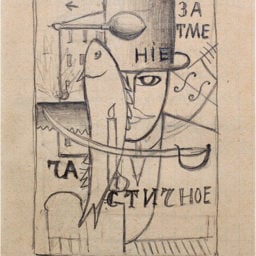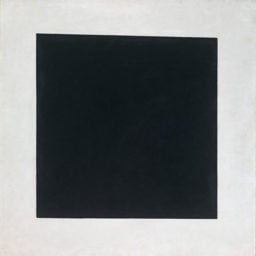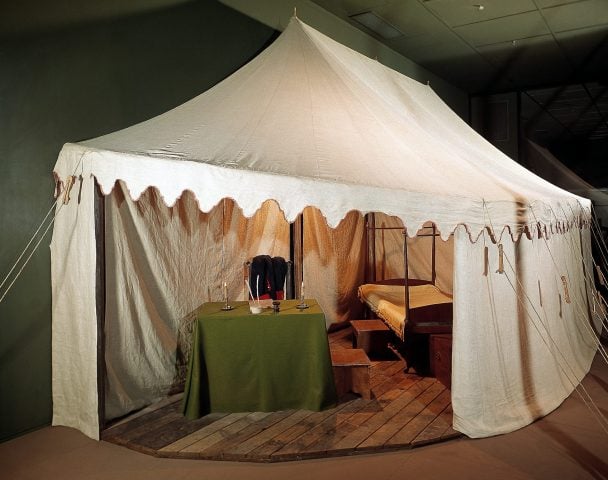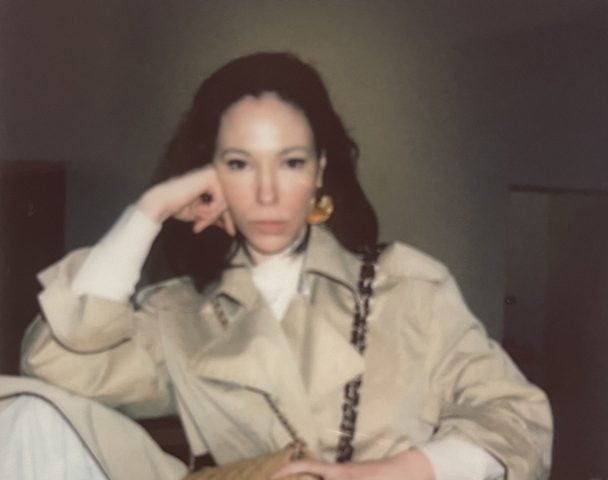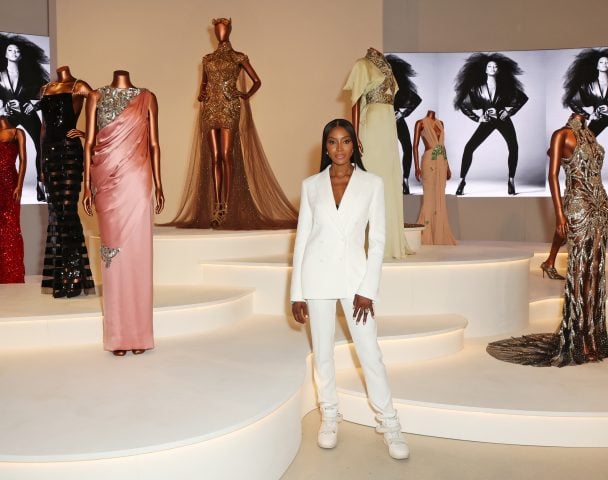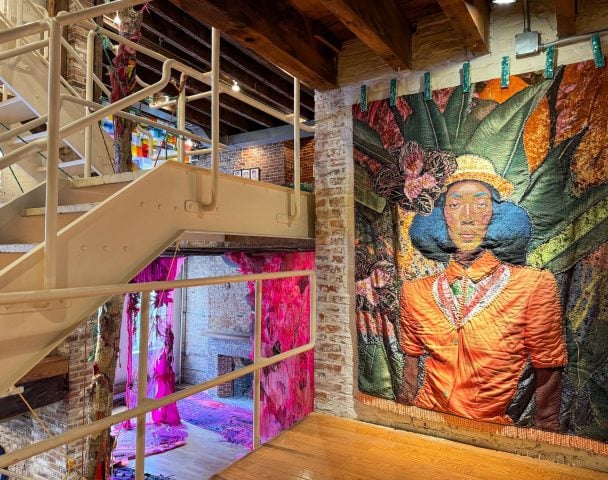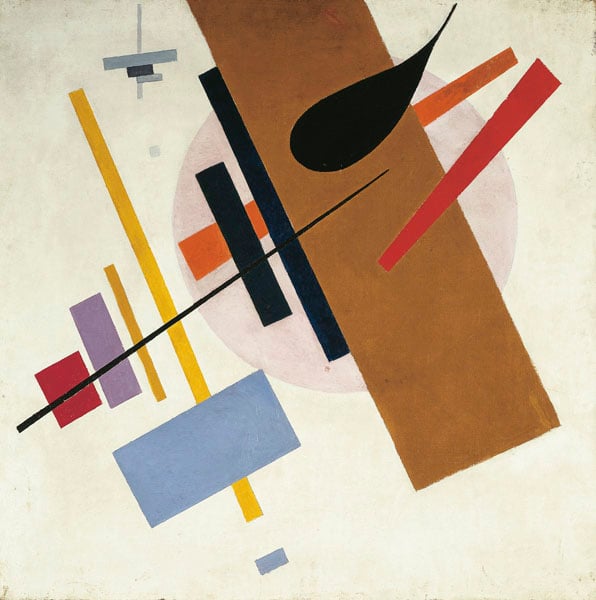

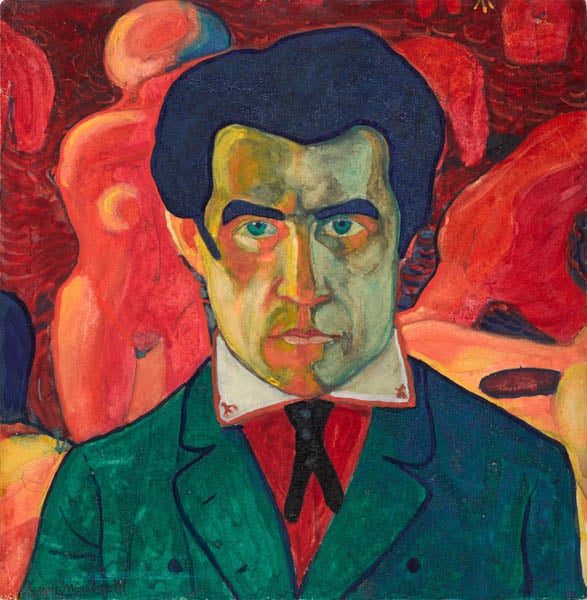
Kazimir Malevich, Self Portrait (1908-1910)
Photo: Courtesy State Tretyakov Gallery, Moscow, Russia
A war of words has broken out in the UK over the authenticity of works by pioneer of the Russian avant garde Kazimir Malevich. With a major retrospective of Malevich’s work opening on Wednesday at London’s Tate Modern, several Russian and international curators and experts have cast doubt over some works currently attributed to Malevich. Others, the Tate among them, have vehemently opposed those skeptical views.
The debate, which was reignited with the blockbuster show’s opening, began more quietly last year as art historian Patricia Railing’s book on the painter, Malevich Paints: The Seeing Eye, was published. At the time, London-based art dealer James Butterwick reportedly said: “Of the illustrations in Malevich Paints, eight of the oils—there is insufficient detail in some of the works on paper—are probably not by Malevich; two are definitely not.”
Natalya Alexandrova, curator of modern paintings at Moscow’s State Tretyakov Gallery, has since echoed Butterwick’s concerns in the Art Newspaper, explaining that Malevich would simply have been unable to produce as much work as he ostensibly did in his relatively short lifetime.

Kazimir Malevich, Suprematist Painting (with Black Trapezium and Red Square) (1915).
Photo: Courtesy Stedelijk Museum, Amsterdam.
However, Railing told the Independent on Wednesday that Butterwick is, “Condemning the work on the basis of photographs.” She added, “All five works published have been checked scientifically. The instruments used are highly sophisticated. Butterwick doesn’t know about the history of the painting or the analysis. He has no basis [for] this outrageous claim.”
The Tate, too, was quick to deny any supposition that works in its exhibition are fakes, telling the paper, “As with all Tate’s exhibitions, we have undertaken thorough research for our Malevich retrospective. The works we chose have clear provenance and proven track records in their histories of being collected, published, and exhibited.”
According to an initial report in the Art Newspaper, it may not just be Malevich’s oeuvre that warrants reexamination, but those of all artists from the Russian avant-garde. In the report, vice-president of the Moscow-based International Confederation of Antiquarians and Art Dealers of the CIS and Russia, Marina Molchanova, calls for a group of international experts and museum officials to be formed in order to verify the authenticity of work sold in Russia, which is purportedly by Russian avant-garde artists.
Butterwick is quoted in the report estimating that the value of fake art which could be found might exceed a half-billion dollars. The Russian Avant-Garde Research Project, one newly formed group of experts—which Butterwick supports—was informally announced in April. The paper claims that major Russian collector and billionaire Peter Aven is backing the project financially.
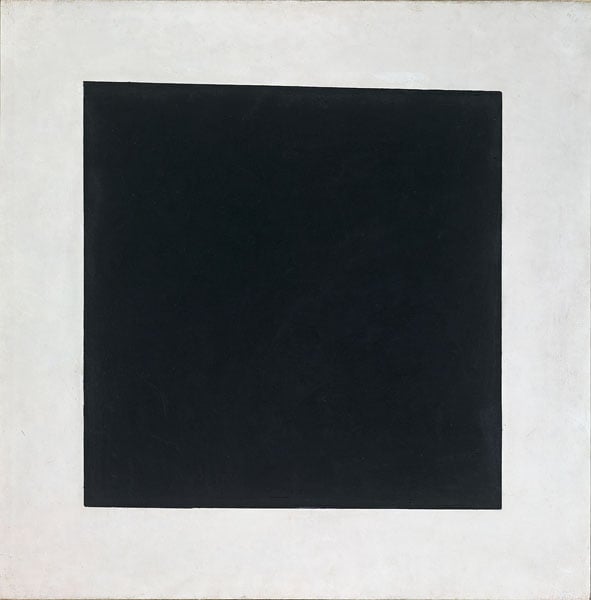
Kazimir Malevich, Black Square (1929).
Photo: © State Tretyakov Gallery, Moscow.
Follow Artnet News on Facebook:
Want to stay ahead of the art world? Subscribe to our newsletter to get the breaking news, eye-opening interviews, and incisive critical takes that drive the conversation forward.


